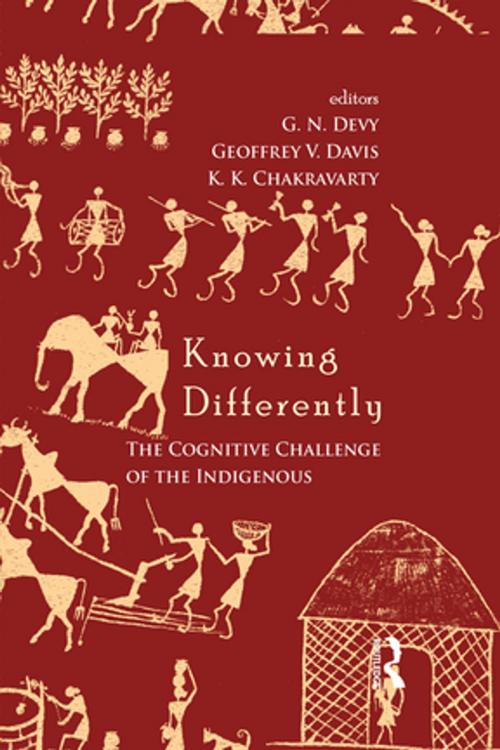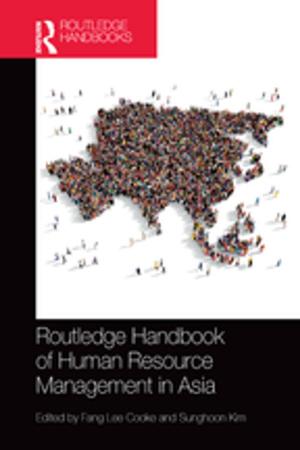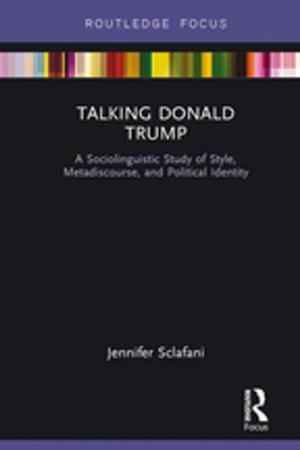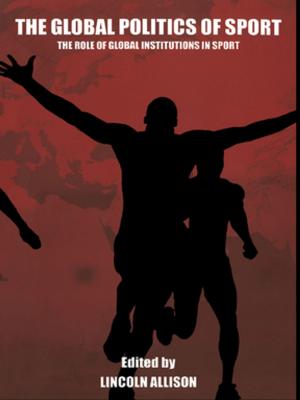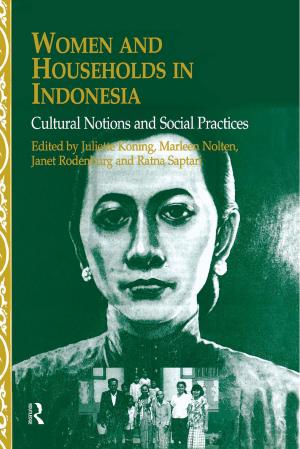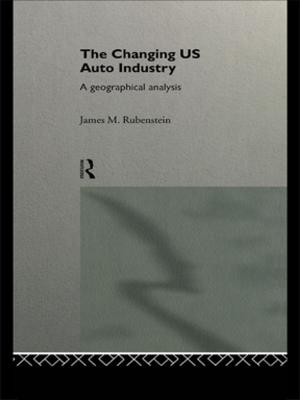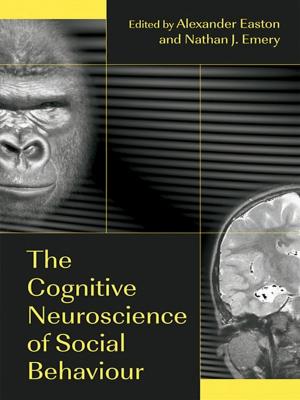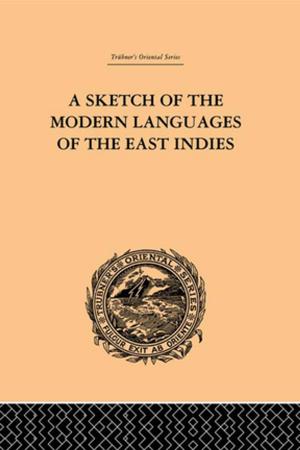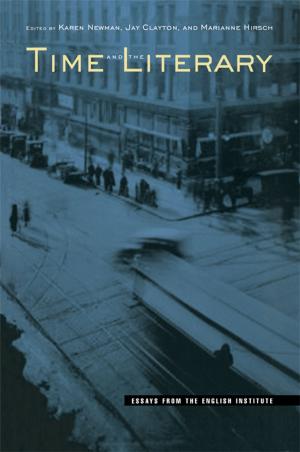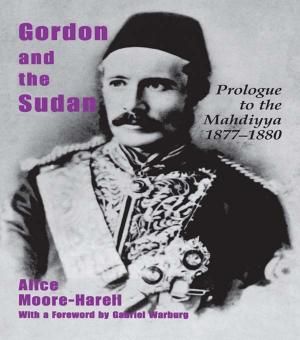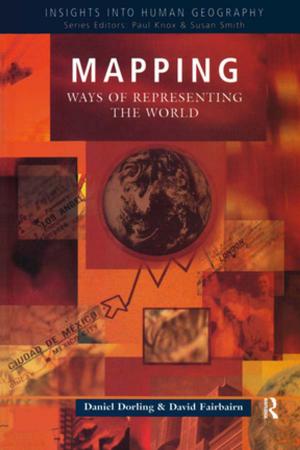Knowing Differently
The Challenge of the Indigenous
Nonfiction, Social & Cultural Studies, Social Science, Anthropology, Sociology| Author: | ISBN: | 9781317325680 | |
| Publisher: | Taylor and Francis | Publication: | August 12, 2015 |
| Imprint: | Routledge India | Language: | English |
| Author: | |
| ISBN: | 9781317325680 |
| Publisher: | Taylor and Francis |
| Publication: | August 12, 2015 |
| Imprint: | Routledge India |
| Language: | English |
This book offers a bold and illuminating account of the worldviews nurtured and sustained by indigenous communities from across continents, through their distinctive understanding of concepts such as space, time, joy, pain, life, and death. It demonstrates how this different mode of ‘knowing’ has brought the indigenous into a cultural conflict with communities that claim to be modern and scientific. Bringing together scholars, artists and activists engaged in understanding and conserving local knowledge that continues to be in the shadow of cultural extinction, the book attempts to interpret repercussions on identity and cultural transformation and points to the tragic fate of knowing the world differently.
The volume inaugurates a new thematic area in post-colonial studies and cultural anthropology by highlighting the perspectives of marginalized indigenous communities, often burdened with being viewed as ‘primitive’. It will be useful to scholars and students of anthropology, sociology, cultural studies, history, linguistics, literature, and tribal studies.
This book offers a bold and illuminating account of the worldviews nurtured and sustained by indigenous communities from across continents, through their distinctive understanding of concepts such as space, time, joy, pain, life, and death. It demonstrates how this different mode of ‘knowing’ has brought the indigenous into a cultural conflict with communities that claim to be modern and scientific. Bringing together scholars, artists and activists engaged in understanding and conserving local knowledge that continues to be in the shadow of cultural extinction, the book attempts to interpret repercussions on identity and cultural transformation and points to the tragic fate of knowing the world differently.
The volume inaugurates a new thematic area in post-colonial studies and cultural anthropology by highlighting the perspectives of marginalized indigenous communities, often burdened with being viewed as ‘primitive’. It will be useful to scholars and students of anthropology, sociology, cultural studies, history, linguistics, literature, and tribal studies.
